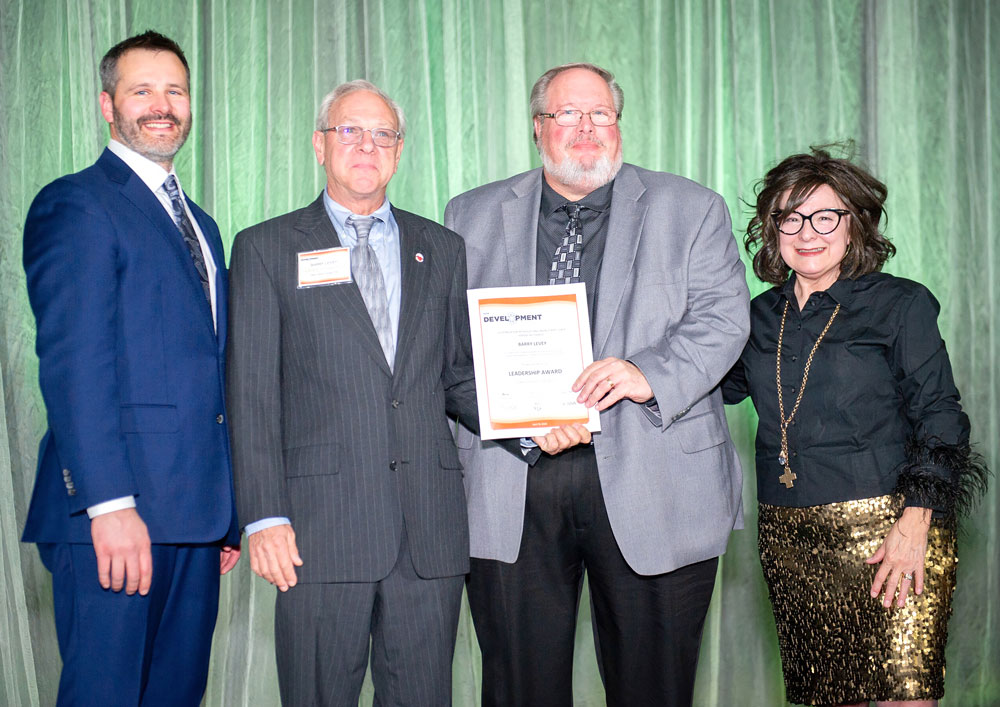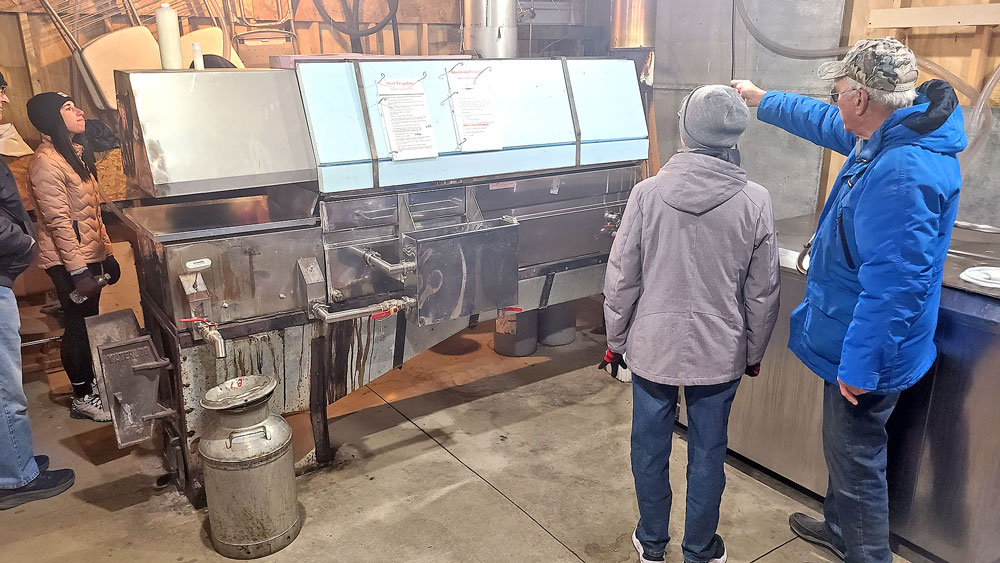Williams sentencing for murder set Friday
By Bob Steenson, bsteenson@charlescitypress.com
Antoine Williams is scheduled to be sentenced Friday morning for his conviction on second-degree murder charges.
Williams’ attorneys have filed a motion for a new trial and a motion in arrest of judgment, bringing up again an argument they made before the trial began that the jury pool was not representative of the racial composition of the community.

Floyd County Attorney Rachel Ginbey said it is likely that the judge in the case will rule on the defense motion at the hearing Friday, then proceed with sentencing if he denies the motion.
Such defense motions are almost routine after a guilty verdict, and help preserve the defendant’s right to make later appeals.
In this case, however, the defense attorneys raise an issue that the trial judge himself recognized as deserving attention.
Williams was originally charged with first-degree murder for the June 30 shooting death of Nathaniel Fleming in Charles City.
During his trial, Williams testified that he shot Fleming, but that he did so in self-defense because he feared Fleming was reaching for a gun to shoot him first.
The prosecution argued that Williams planned to kill Fleming, waiting for him to return to a parking lot then approaching him with the intent to shoot him.
After a trial lasting five days in October in Floyd County District Court, the jury found Williams guilty of second-degree murder, meaning they believed he intended to shoot and kill Fleming when the act occurred, but he had not planned to do so ahead of time.
Williams is African-American, but there were no African-Americans on the jury. There were 138 members of the potential jury pool who answered a question on the jury form regarding race, and of those, two self-identified as African-American.
One of the African-Americans was dismissed from the pool, and the other was not selected for the jury.
Williams’ attorneys, Nellie O’Mara and Steven Kloberdanz, challenged the pool of potential jurors before the trial started, arguing it violated their client’s Sixth Amendment right to a fair trial.
District Court Judge Rustin Davenport denied the motion before the trial, but did acknowledge the concern.
“In reviewing historical numbers, the court believes that the state court system can do more and the court suspects that a more thorough statistical analysis would show that African-Americans are less likely to have motor vehicle registration or are less likely to be registered to vote.”
“However,” he continued in his pretrial ruling, “that showing has not been made in this case.
“The court believes that additional lists could be used to increase the potential numbers of distinct minority groups,” Davenport wrote. “However, … this does not mean that the current method systematically excludes African-American jurors.”
In their motion for a new trial and in arrest of judgment, Williams’ attorneys argue that the court erred in denying their motion to strike the initial jury pool, and in not allowing them to question potential jury members individually regarding their opinions on race.
They also raised several concerns regarding evidence, procedures and jury instructions.
And they argued that the court erred in not allowing the defense to use Iowa’s new “stand your ground” law in arguing self-defense.
O’Mara and Kloberdanz argued that even though the shooting took place on June 30, Williams wasn’t charged until July 1, the same day the “stand your ground” law took effect.
Judge Davenport had ruled during the trial that the determining date was when the event occurred, not when charges were filed.
In response to the defense motion for a new trial and in arrest of judgment, Iowa Assistant Attorney General Coleman McAllister wrote that the defense was raising issues that had already been ruled on by the trial court judge, that the judge had ruled correctly on those issues, and that the verdict was reasonable given the evidence introduced during the trial.
McAllister had assisted Ginbey in prosecuting the case.
The sentence for second-degree murder in Iowa is imprisonment for no more than 50 years, with a mandatory minimum period of 35 years before being eligible for parole.









Social Share